Revised business plan for London transport revealed
- Published
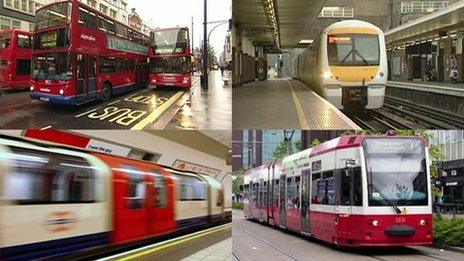
I've just had a briefing from Transport for London (TfL) on their revised business plan.
This comes after yesterday's announcement that fares in London will go up "only" by the rate of inflation (RPI) 3.1% - as opposed to the expected 4.1%. (RPI+1%)
It's a lot of detail and a lot of very dense sheets of figures. But it does offer some illumination on the way TfL will look in 2020/21.
Cash is tight but TfL looks to have managed the reductions from the Department for Transport's general grant. It was cut by 25%, or £222m, a year after the 2013 spending review.
Cash is even tighter now after London Mayor Boris Johnson announced fares would go up by inflation rate of 3.1% next year and not what TfL had planned for, which was inflation + 1%.
A few things stick out.
Efficiency savings
First the plan still assumes after next year fares will go up by inflation + 1%. If the mayor changes that assumption with his fare decision, things will have to go.
And the current plan is still ambitious and has investments in the Tube in Northern line, Sub-Surface, Piccadilly Line and improvements in stations like Victoria and also of course Crossrail.
The night-time Tube plans are also mentioned and the "cycling revolution" has its funding maintained.
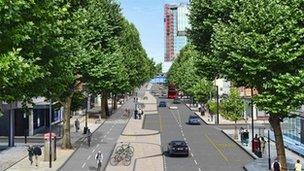
Funding for 'cycling revolution' maintained
Most of this is dependent on significant efficiency savings - in total £15.8bn until 2020 (only part of that is the recent announcement of Tube job losses).
For example it'll also cost £300m over 10 years for the fare reduction to RPI alone.
TfL have also been helped by higher passenger numbers (raising £1bn), borrowing (£2bn) and reducing the contingency they hold for projects (£800m).
The contingency on big projects is also being reduced by a third as they now have a track record and confidence to not need to hold as much cash in reserve.
One-off
This, in part, pays for next year's inflation-only fare rise.
It was made clear to me this was only available as a one-off. Once the money is spent, it is spent.
There has also been delaying (descoping) of some "lower-value investment".
The Bakerloo Line upgrade has also been put back and the Piccadilly Line and its new cable-less trains go first. Both are many years away.
Also the commercial revenue to be delivered by TfL is big - £2.6bn by 2020/21.
This will mean raising more money from property, rental, advertising and sponsorship.
If some of these don't happen or don't deliver, the business plan will be revised. That's very likely.
- Published2 December 2013
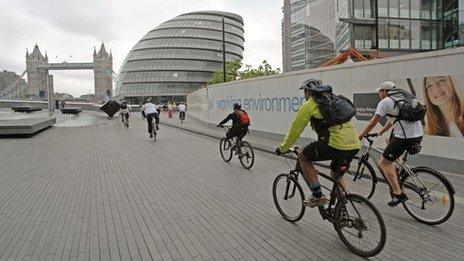
- Published29 November 2013
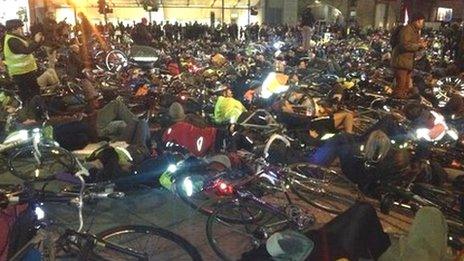
- Published26 November 2013
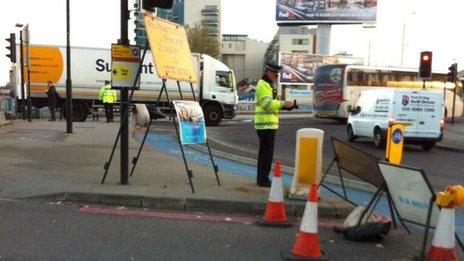
- Published18 November 2013
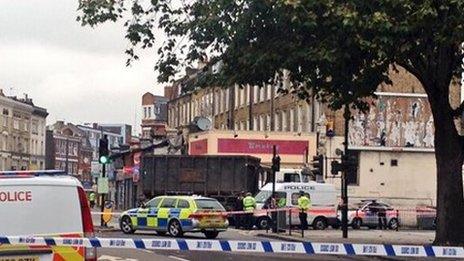
- Published14 November 2013
- Published14 November 2013
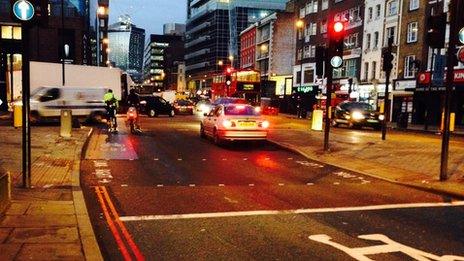
- Published13 November 2013
- Published13 November 2013
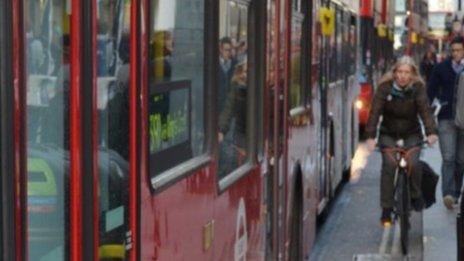
- Published13 November 2013

- Published12 November 2013
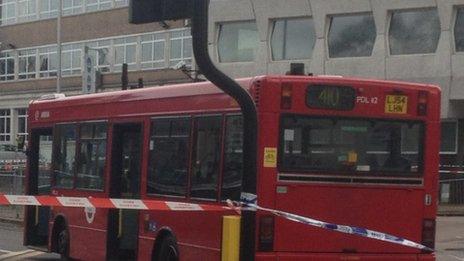
- Published11 November 2013

- Published7 November 2013
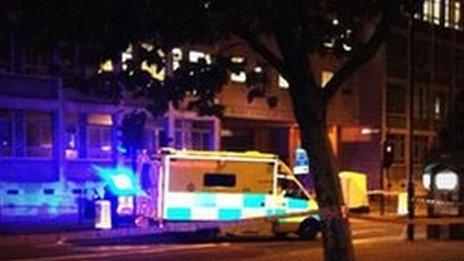
- Published17 October 2013
- Published16 October 2013
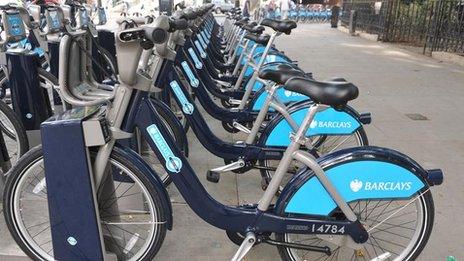
- Published15 October 2013
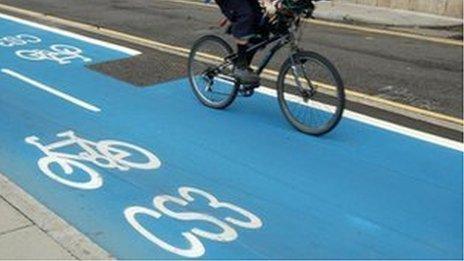
- Published15 October 2013
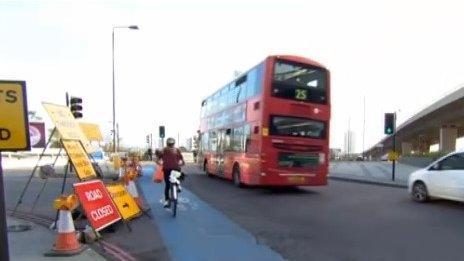
- Published6 July 2013
- Published12 November 2011